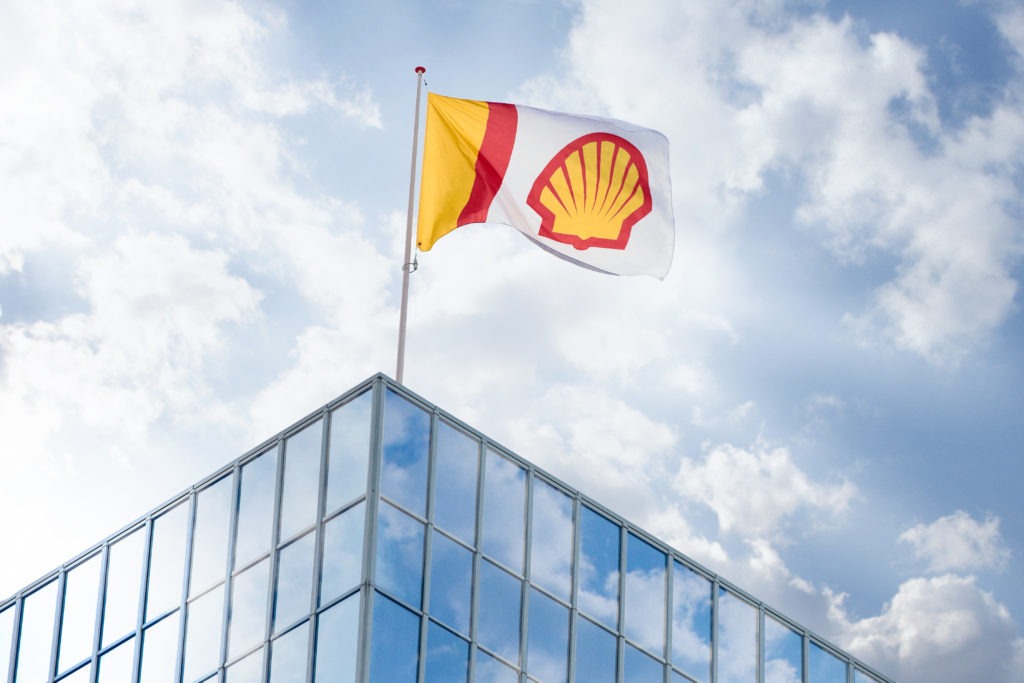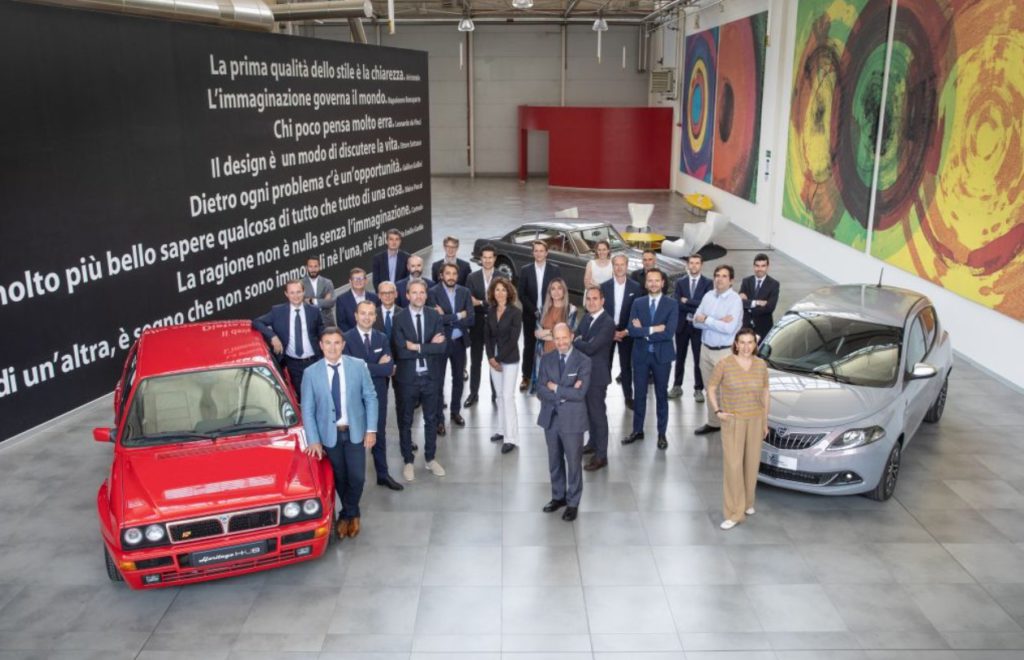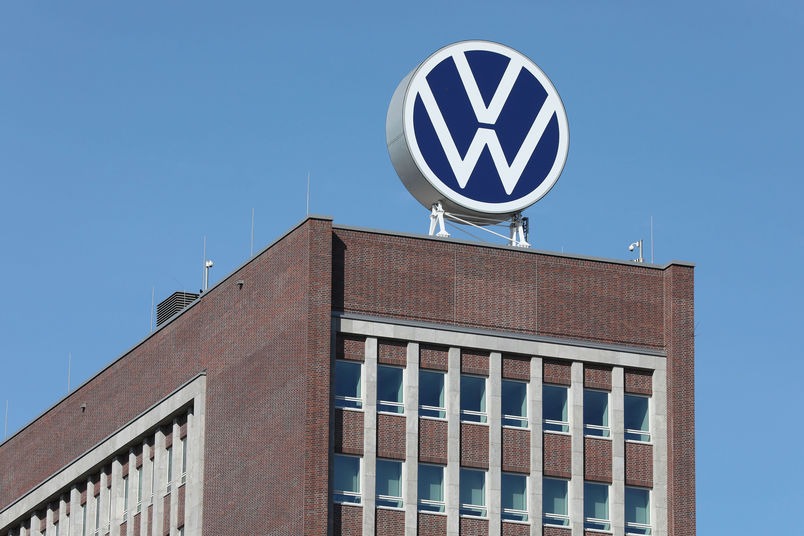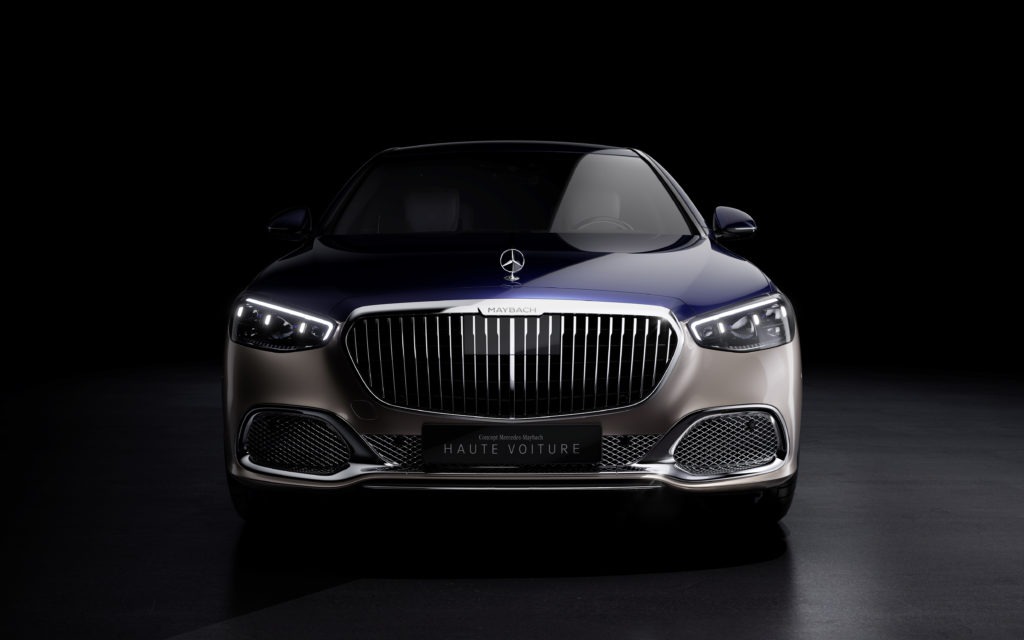Shell plans to drive fleet decarbonisation with new programme
30 May 2022

Shell has launched its Accelerate to Zero programme, planning to help fleets meet sustainability targets. The offering looks to lay a path to net-zero emissions via consultancy, mobility solutions, and industry insights.
The four-step programme can be tailored to specific fleet requirements. It allows operators to determine their current carbon footprint, evaluate their decarbonisation options, and examine how to reduce emissions on the road.
Having made its name as a fossil-fuel company, Shell now wants to make its mark within the world of sustainability. Alongside electric-vehicle (EV) infrastructure investments, working with fleets is a sure-fire way to help lower emissions and present a greener face.
In a 2020 release, environmental group Transport and Environment (T&E) claimed company cars alone account for six out of 10 new models sold in Europe. As of 2020, 87% were powered by petrol or diesel internal-combustion engines (ICEs). But as these vehicles are driven more often than private ones, T&E calculates company cars are responsible for 73% of new-car emissions. This makes lowering fleet emissions not just a sizeable task, but a huge opportunity.
Data-determined decarbonisation
Shell’s Accelerate to Zero programme will help fleets decarbonise as they try to balance costs, lower the total cost of ownership (TCO), and explore new mobility solutions. A central part of this is data integration, pushing companies away from tracking fleet information through numerous channels, and towards a single consolidated operational view. The offering is currently available to fleet customers in key markets across Europe and will be rolled out around the world next year.
The programme consists of four key phases. The ‘diagnose’ step integrates and analyses fleet data to establish clear decarbonisation goals. The ‘build’ phase then introduces guidance on vehicle and supply chain optimisation to create a tailored plan. Thirdly, the ‘deploy’ stage delivers solutions through Shell’s telematics, electric-mobility, carbon-offsetting, and mobile-fuelling capabilities. Lastly, in the ‘realise’ phase, Shell will work to monitor and track results to reach net-zero emissions as planned.
‘Decarbonisation is the biggest priority for fleets worldwide and Shell is committed to help businesses to lower their carbon emissions. As one of the largest players in business mobility, we are introducing this programme to help our customers to build a clear pathway to net-zero emissions for their fleets,’ said Giorgio Delpiano, senior vice president of fleet solutions and e-mobility at Shell.
Charging towards electric?
Shell has been making a concerted effort to increase its presence within more environmentally-friendly markets. Alongside ABB E-mobility, it recently announced plans to launch the first nationwide network of Terra 360 plug-in points in Germany. With a maximum output of 360kW, these modular units could technically charge an EV in 15 minutes or less, helping boost the country’s charging infrastructure.
Last year, the company confirmed it is aiming to install 50,000 on-street charging points in the UK by the end of 2025. Working with retrofit infrastructure company ubitricity, which Shell acquired in 2021, the pair will bring more charging availability to UK drivers without private parking, and help local authorities get networks up and running as quickly as possible.
The energy firm will also work with Chinese carmaker Nio on battery-charging and swapping facilities in Asia and Europe. Under the deal, 100 battery-swapping stations will be installed in China by 2025, while pilot stations in Europe should start appearing this year.



